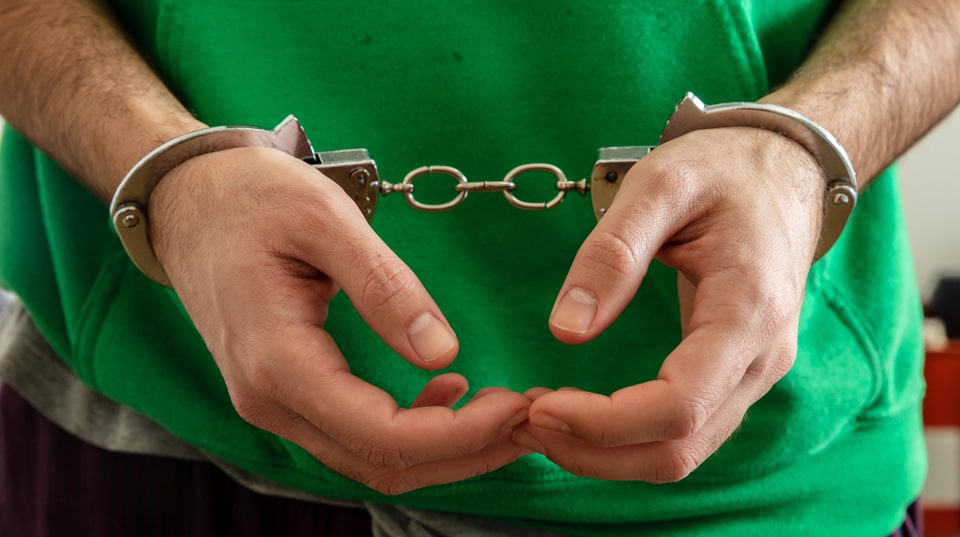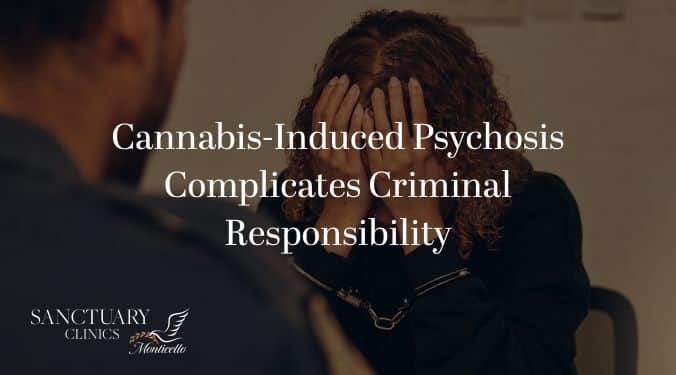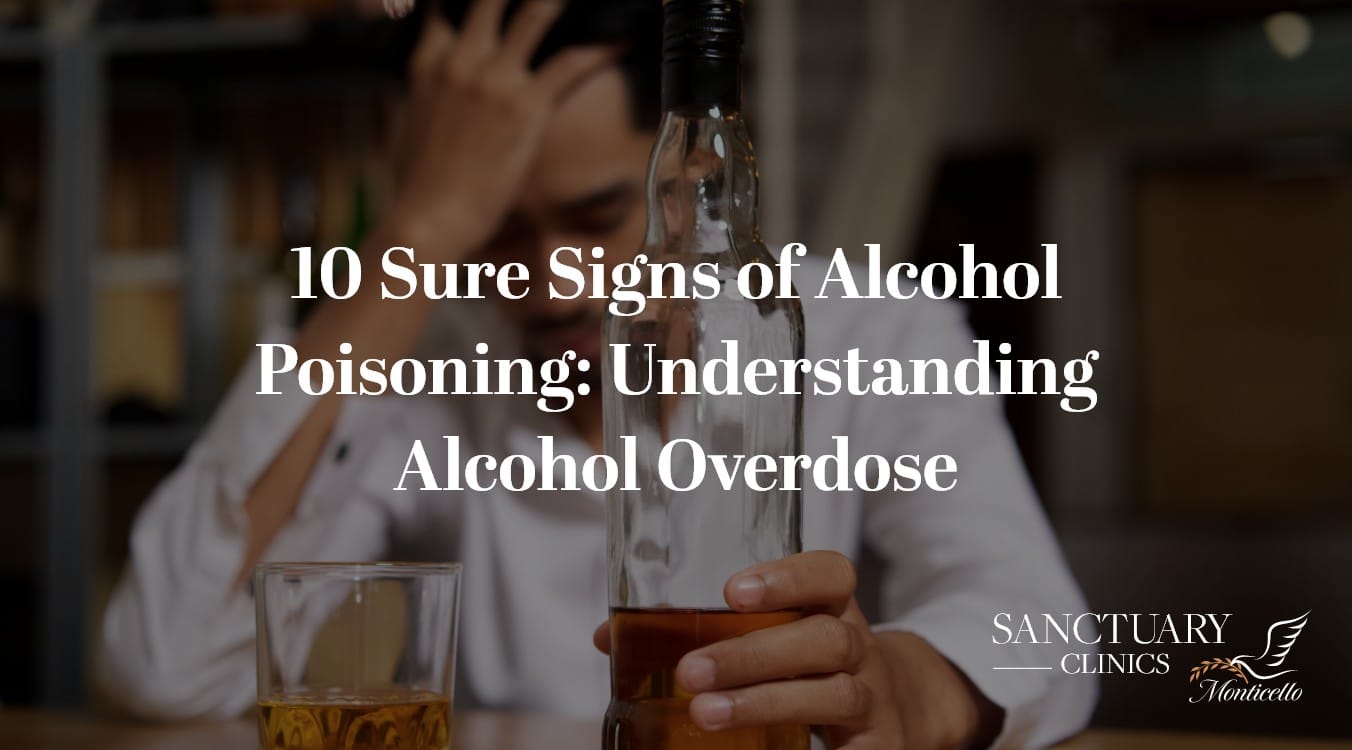When someone experiences psychosis due to cannabis use, they may lose touch with reality, leading to altered perceptions, delusions, or hallucinations.
These effects can raise several issues related to criminal responsibility.
Criminal responsibility is the extent of legal accountability of a person committing a crime.
Cannabis-induced psychosis can complicate criminal responsibility in legal situations because it introduces questions about the mental state of the person at the time of the alleged crime.
Mental state at the time of the offense
Crimes demand an action (actus reus) and criminal intent (mens rea).
If mens rea is not found, a person cannot be found guilty of a crime which necessitates intent.
One of the core principles of criminal law is whether the defendant had the requisite mental state to commit a crime.
If cannabis-induced psychosis impairs the person’s ability to understand the nature of their actions or to differentiate right from wrong, it could raise questions about their mental competency.
This could lead to a defense based on lack of mens rea.

Specific intent vs. general intent
A specific intent crime calls for intent to do the act and the intention to have a distinct result.
If being under the influence of cannabis keeps the person from forming specific intent, this can become a partial defense.
A general intent crime calls for intent to commit the act but not with a specific result in mind. In this case, voluntary intoxication is never accepted as a defense.
Get Help Today.
We are here to help you through every aspect of recovery.
Let us call you to learn more about our treatment options.
We are here to help you through every aspect of recovery. Let us call you to learn more about our treatment options.
Temporary insanity vs. settled insanity
In some cases, the person may be able to argue they were legally insane at the time of the crime due to the psychosis induced by cannabis if their symptoms continue after intoxication.
Insanity defenses typically claim the defendant did not understand the nature or wrongfulness of their actions due to mental illness or impairment.
Cannabis-induced psychosis caused by voluntary consumption might qualify as a temporary condition, but it often doesn’t fall under traditional definitions of insanity unless the psychosis is severe enough to render the person incapable of forming criminal intent.
It usually doesn’t work as an insanity defense. The benchmark for ascertaining legal insanity is very different across jurisdictions.
However, the insanity defense may open other options if the person’s symptoms are prolonged.
If it is shown the cannabis use caused or worsened their psychosis, settled insanity as a defense may be an option. Again, settled insanity varies across jurisdictions. But if the psychotic symptoms are persistent and last long past the intoxication, requiring clinical intervention, this can prove a more settled insanity.
Voluntary intoxication
Cannabis-induced psychosis is often considered a form of voluntary intoxication.
Many jurisdictions treat voluntary intoxication as an insufficient defense to criminal charges, meaning the defendant is generally still held responsible for their actions, even if they were under the influence of cannabis.
However, if the psychosis was extreme enough so the person could not form criminal intent or understand their actions, the court might consider mitigating circumstances, potentially reducing the severity of the charge.
Legal standards for insanity vary across jurisdictions, so voluntary intoxication may not be a defense.

Pre-existing mental health conditions
If a defendant has a history of mental health issues, cannabis use could exacerbate the condition, potentially leading to psychosis. In such cases, the court might consider whether the defendant’s underlying mental health condition played a role in the psychosis.
This can influence the outcome, with some jurisdictions allowing a partial defense or offering alternative sentencing options, such as mental health treatment, rather than imprisonment.
Causation and responsibility
If it is clear cannabis use led to psychosis, this could complicate whether the person should be held fully responsible for their actions.
If the psychosis was so profound the person was unable to control their behavior, courts may explore whether the psychosis was a direct cause of the crime or whether other factors, like pre-existing tendencies or prior drug use, played a significant role.
Get Help Today.
We are here to help you through every aspect of recovery.
Let us call you to learn more about our treatment options.
We are here to help you through every aspect of recovery. Let us call you to learn more about our treatment options.
Forensic psychiatry
Forensic psychiatrists need to understand the link between mental health and substance use in their evaluations. As cannabis and other materials become more legal, this area of skillfulness will be growing in importance.
They will need to be very familiar with the legal standards in their area.
When they establish this will be a longer lasting impairment, they will need to evaluate whether the continuing symptoms qualify for an insanity defense.
If you are using cannabis, please take this article to heart. You don’t want to find yourself in court. You don’t want to cause yourself any unwanted long-term effects or legal expenses. Talk to someone now. Find a clinic such as Sanctuary Clinics in Florida which specializes in cannabis cessation. Get help for this problem before it’s too late.








